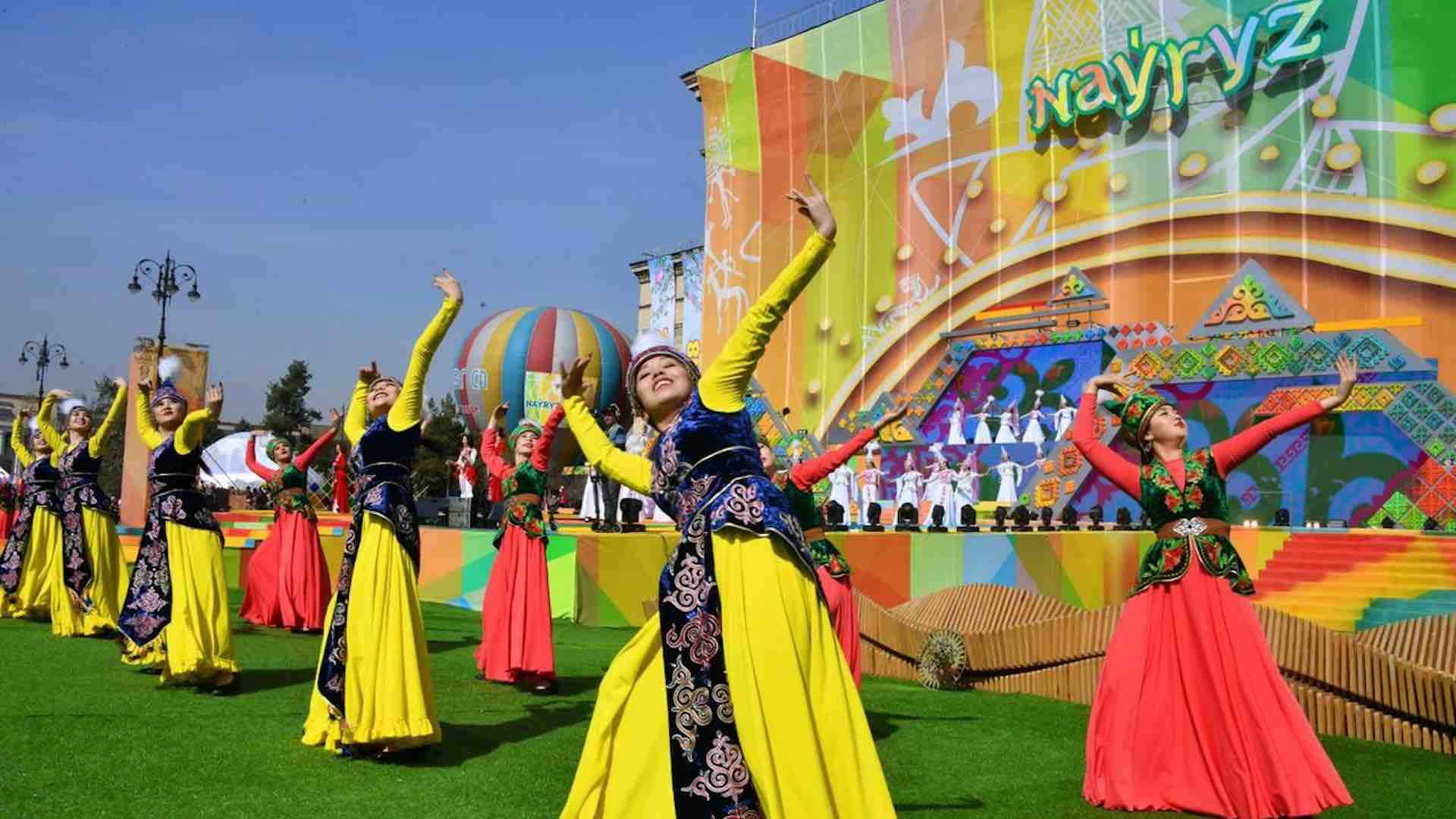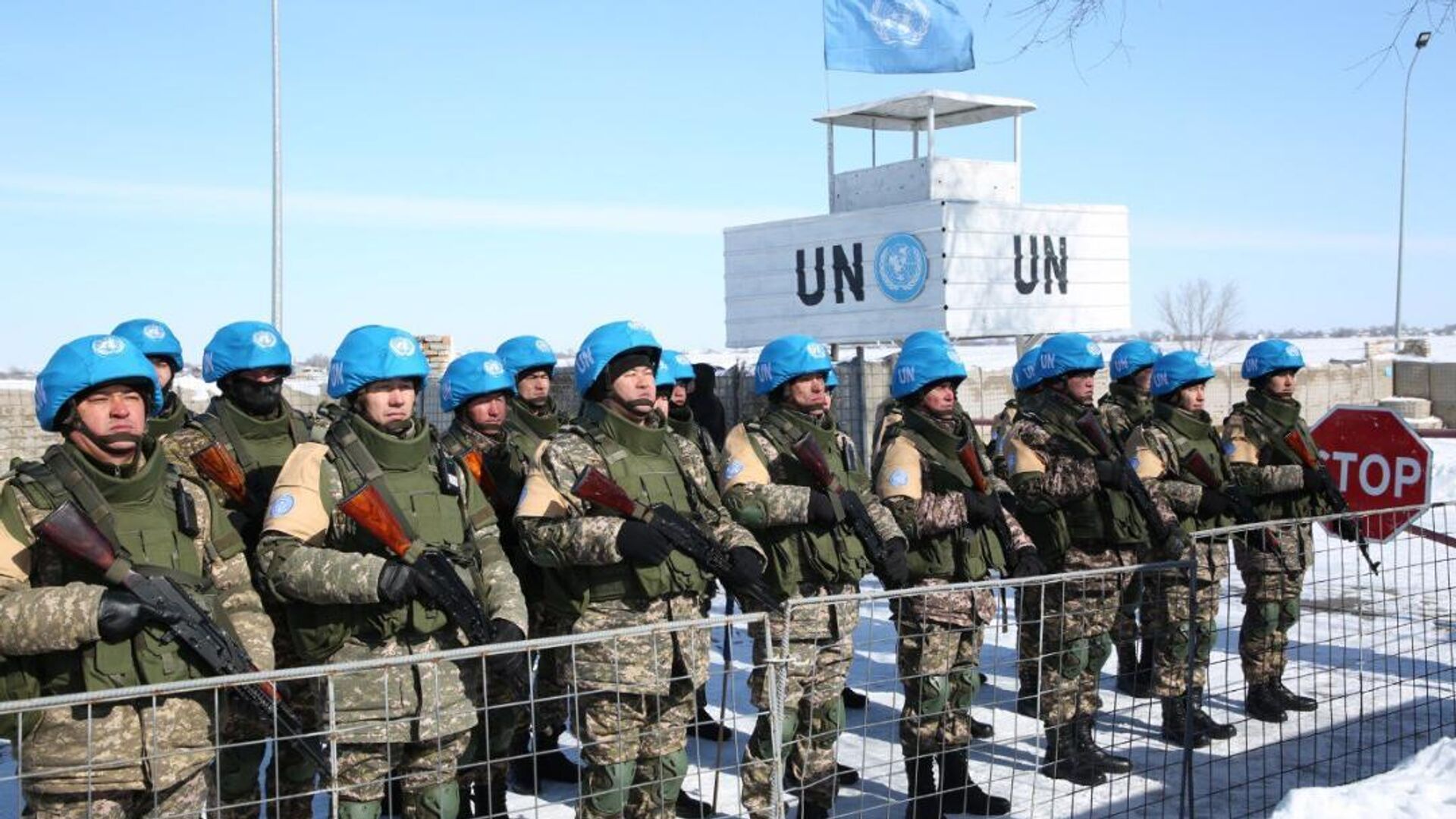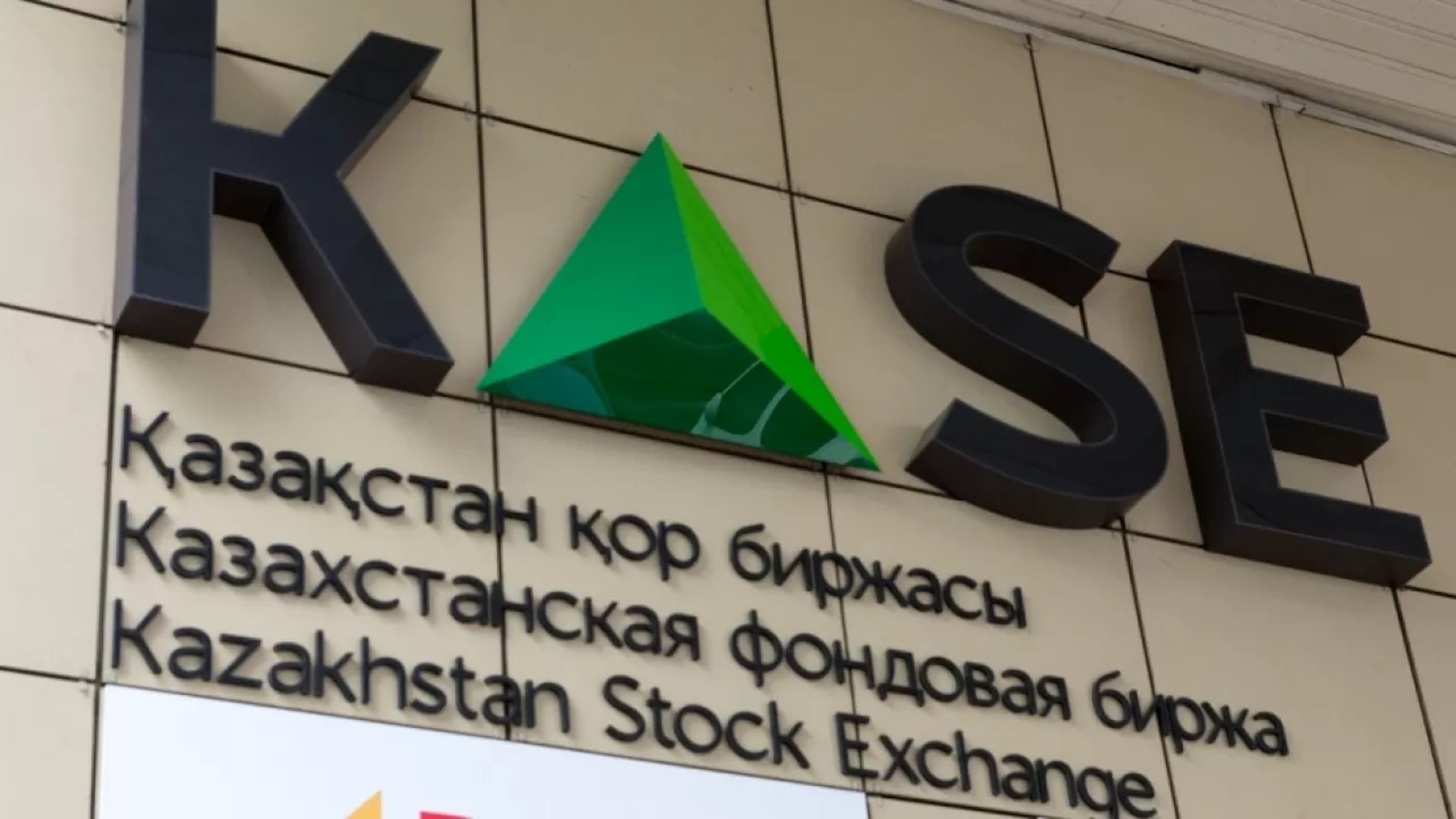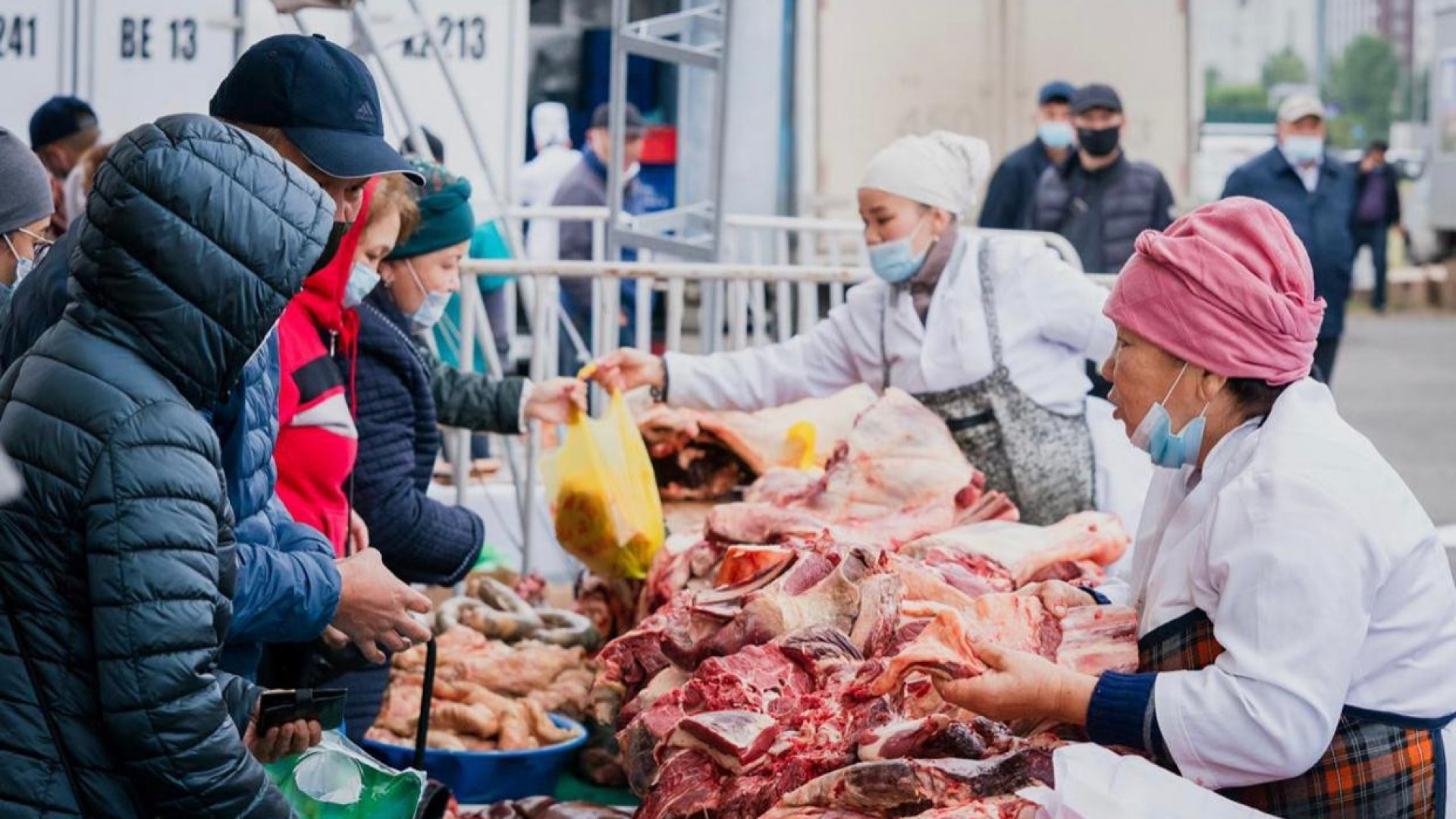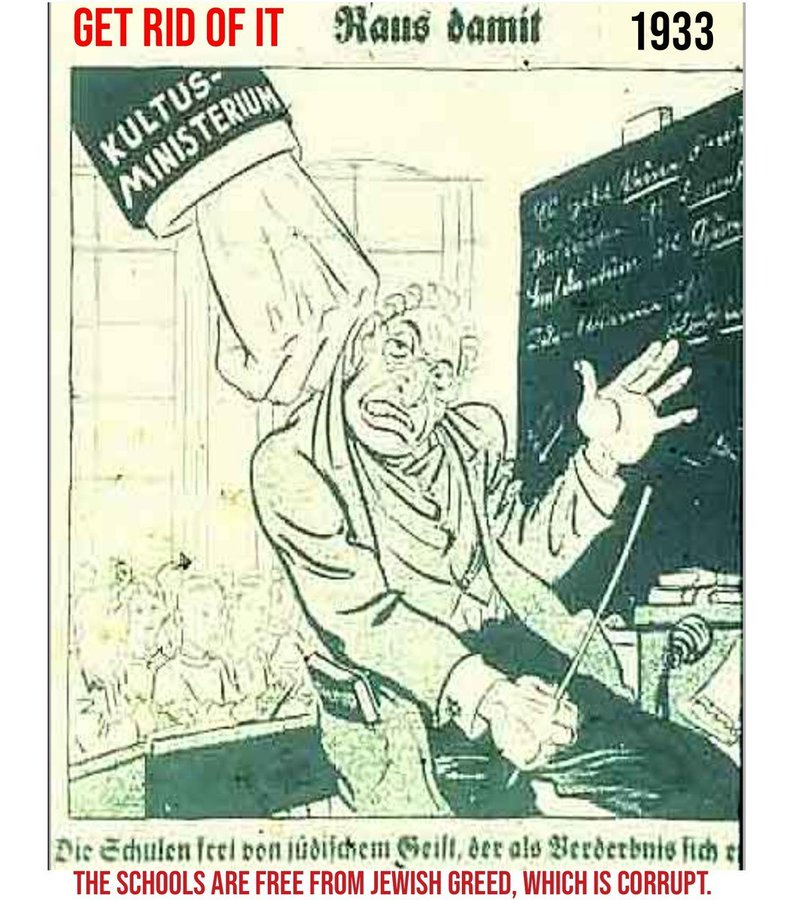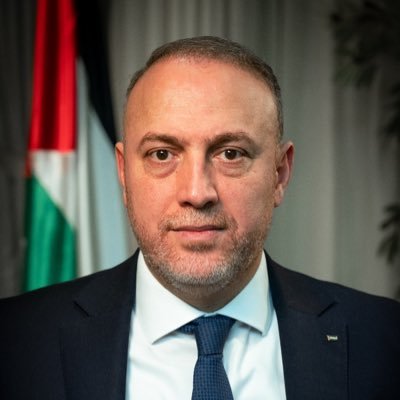Protests in Georgia: Dancing, Demands, and Political Crisis
Tens of thousands of Georgians have taken to the streets, demanding integration with the European Parliament and expressing discontent with the recent election results. Former President Salome Zourabichvili, 72, has refused to leave office and is calling for new parliamentary elections. Meanwhile, the prime minister has threatened her with criminal charges.
Mass Protests and Atmosphere
The streets of Tbilisi are filled with people performing traditional Georgian dances, including the lezginka. However, the festive atmosphere masks deep political divisions. Protesters are marching in orderly lines, demanding political integration with the European Union.
The protesters' key demands include:
- Declaring the recent election results invalid.
- Scheduling new parliamentary elections.
- Accelerating the path toward EU integration.
Salome Zourabichvili’s Stance
Salome Zourabichvili, the 72-year-old former president of Georgia, has refused to vacate her position despite pressure from both the opposition and the government. She has issued a statement calling for new elections, describing the current situation as a crisis.
Her activism has provoked a strong response from the prime minister, who has threatened her with criminal charges.
Conflict with the Prime Minister
The prime minister has accused Zourabichvili of overstepping her authority and interfering in political processes. The threat of criminal prosecution has intensified tensions and further divided Georgian society between supporters of the former president and those backing the current government.
EU Integration as a Central Issue
One of the primary drivers of the protests is the public’s desire to expedite European integration. Protesters argue that the current government is not doing enough to advance the country’s EU ambitions.
The situation is further complicated by political maneuvering between pro-Western and pro-Russian factions, exacerbating internal divisions.
Prospects and Challenges
Resolving the current crisis requires swift action from the authorities to prevent further escalation. Possible scenarios include:
- Holding new elections to restore public trust.
- Facilitating dialogue between political factions with the involvement of international mediators.
- Implementing stricter measures by the government, which could ignite even greater protests.
Conclusion
The protests in Georgia reflect not only dissatisfaction with election results but also a societal push for change and European integration. Resolving the crisis will require compromises, yet the current political polarization makes consensus difficult to achieve.
The editorial board is not responsible for the content and accuracy of material taken, sent or obtained from other sources. The publication of such materials is for informational purposes only and does not imply automatic endorsement or approval of their content.



:focal(0.49:0.37):format(webp)/YXJ0aWNsZXMvaW1hZ2UvMjAyNS80LzIwMjIxMjAzLWdhZi11NTUtNzkwLmpwZw.webp?w=1920)


